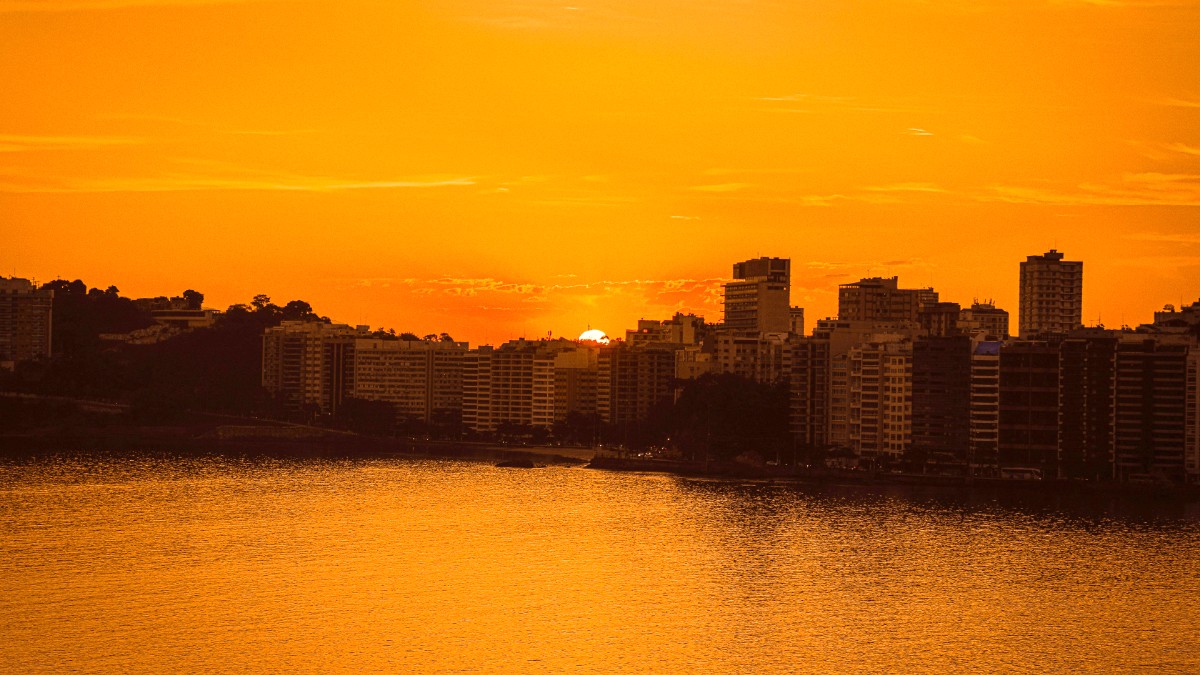
Uruguay
Uruguay has three main mobile phone providers: Antel (state-owned, generally wider coverage), Movistar, and Claro. Prepaid SIM cards are readily available.
Wi-Fi availability is widespread and generally reliable in Montevideo. Most hotels, hostels, cafes, and restaurants feature free Wi-Fi for customers. Public Wi-Fi hotspots appear in shopping malls, some major plazas, and at the airport.
Spanish is Uruguay's official language. The local dialect is Uruguayan Spanish, sharing similarities with Rioplatense Spanish, including using Vos instead of Tú for informal "you."
The Google Translate app is invaluable. Download the Spanish offline pack before your trip for use without an internet connection. It assists with translating words, phrases, and text from images (menus, signs).
Download the Spanish offline pack for your Translation app. A Small notebook and pen prove incredibly useful.
Operating hours and holiday schedules influence your daily plans in Montevideo.
Shops generally open Monday-Friday 9/10 AM to 7/8 PM, with shorter Saturday hours. Malls open daily 10 AM to 9/10 PM.
Lunch service runs 12/1 PM to 3/4 PM. Dinner often starts 8/9 PM and continues late. Cafes open early until early evening.
Museum hours vary; many public museums close on Mondays. Always check individual museum websites for specific opening times and holiday hours.
Banks generally open Monday to Friday, 1:00 PM to 6:00 PM. Bank hours restrict daily schedules, so plan in-person banking needs accordingly.
Uruguay observes several public holidays: New Year's Day, Carnival Monday/Tuesday, Tourism Week (Easter), Labor Day, Independence Day, Christmas Day.
Check individual business websites for specific hours, notably during holidays or the summer season. This ensures accurate planning.
A firm handshake with direct eye contact is the standard formal greeting. Informally, one kiss on the right cheek is common among friends, acquaintances, and often upon first introduction. This applies to both men and women.
Montevideo generally has a casual dress code. Jeans and t-shirts appear acceptable for most daytime activities and casual dining. For upscale restaurants, evening events, or cultural performances (like at Teatro Solís), smart casual attire works well.
In restaurants, wait for staff to seat you. Meals are social and unhurried; do not expect quick service. Tipping is generally 10% for good service.
It is polite to ask for permission before taking photos of individuals, especially children. A simple gesture and "Permiso?" often work. Respect their decision if they decline.
Embracing the relaxed pace of life and learning basic Spanish phrases deepens your experience. A Small notebook is incredibly helpful for jotting down phrases or for communication if your phone runs out of battery.
Montevideo is working towards better accessibility, but travelers with mobility challenges do best with planning ahead.
Specialized services for travelers with visual or hearing impairments are limited compared to some more developed countries.
Information specific to accessible travel in Montevideo can be challenging to find centrally in English.
Newer facilities are generally accessible, while older areas like Ciudad Vieja present challenges.
Public buses have limited accessibility; taxis and ride-shares offer more flexibility but may require prior arrangement.
Direct inquiries to venues and hotels often yield the most accurate accessibility details.